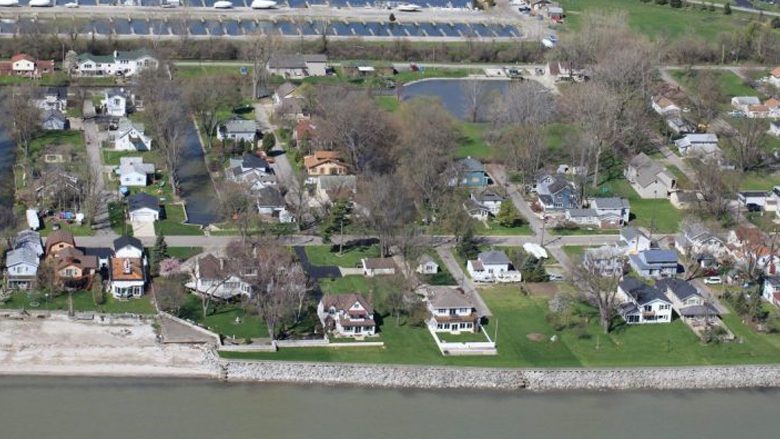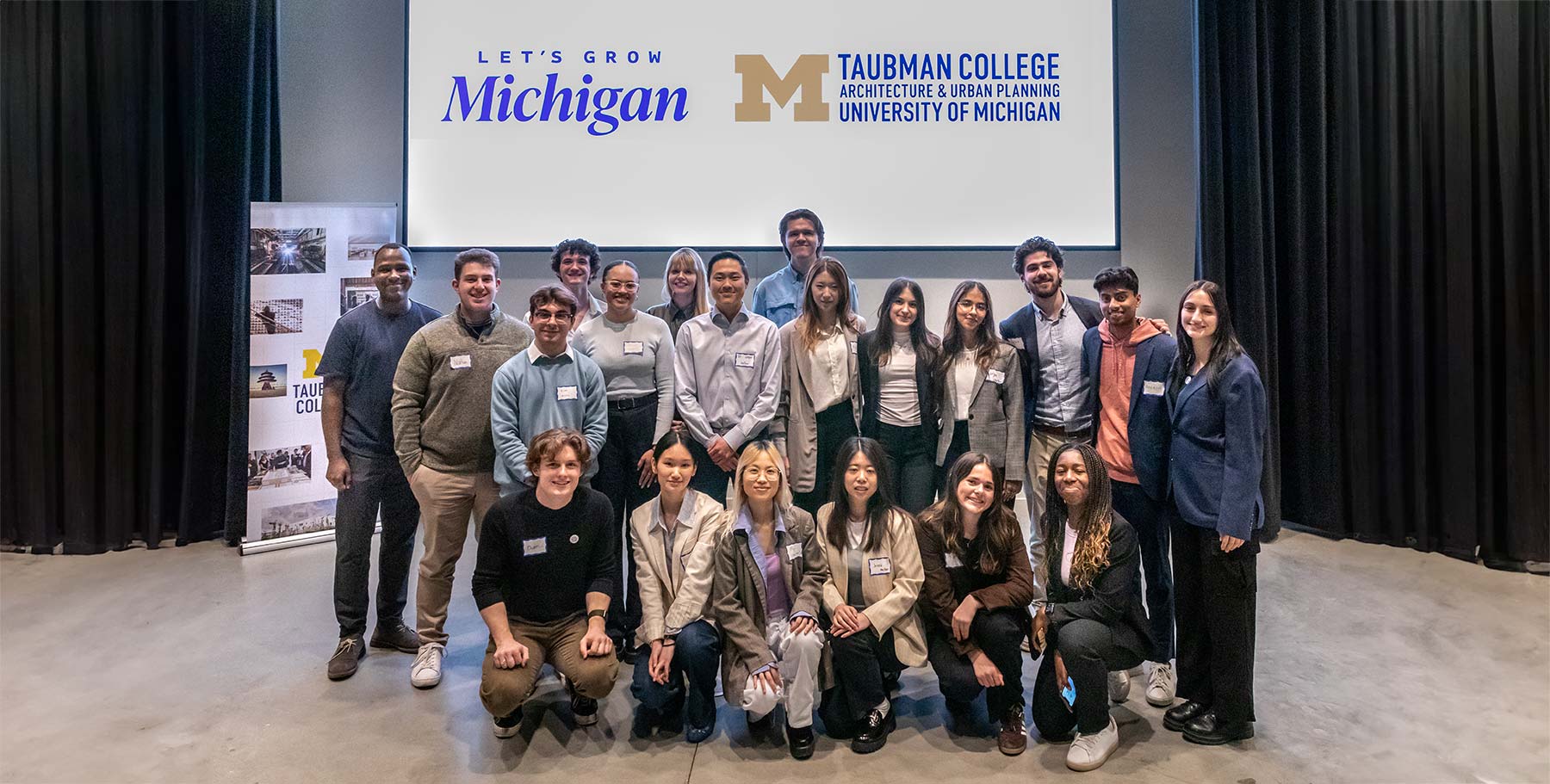New Scenario-Based Planning Methods Developed to Help Great Lakes Communities Plan for Changing Water Level
Chair of urban and regional planning Richard Norton and a multidisciplinary team of researchers have developed a range of scenario-based planning methods to help Great Lakes coastal communities make land use and development decisions in the face of unpredictably fluctuating water levels and increasing storms.
Coastal management can be challenging for these communities because of the uniquely dynamic and unpredictable nature of the Great Lakes system. Although the Great Lakes are not tidal, their water levels fluctuate substantially, rising and falling over periods of years or even decades and reshaping beaches in the process. When water levels remain low for some time, coastal landowners are tempted to build closer to the shoreline; when water levels rise again, those areas may be at risk. Communities therefore need planning methods that will help them enjoy their coastal assets while protecting people, property, economies, and ecosystems.
Scenario-based planning offers coastal communities a way to plan in the face of uncertain future conditions without conducting expensive engineering studies. This approach creates different combinations of water levels and storminess to anticipate possible climate futures and map coastal areas at risk of waves and flooding. Each possible climate future is paired with a set of management options, such as zoning-based setbacks, to create a single scenario. The scenarios are then used to identify the risks and benefits of development in coastal areas.
Norton and his collaborators worked with a number of coastal localities in Michigan to help develop these planning methods, including the City of Ludington, Pere Marquette Charter Township, Hamlin Township, City of Grand Haven, Grand Haven Charter Township, and the City of St. Joseph. His team is continuing to work with the Grand Haven communities to develop policies and zoning code amendments that might be adopted to implement their newly updated master plans. They anticipate working with additional coastal communities over the next few years to continuing fine-tuning and advancing these innovative approaches to coastal area management.
This and ongoing research has been supported by the Fred A. and Barbara M. Erb Family Foundation, the Kresge Foundation, the University of Michigan’s Graham Sustainability Institute, the Michigan Coastal Zone Management Program, and the University of Michigan’s Taubman College of Architecture and Urban Planning.
For more details, see http:\resilientgreatlakescoast.org





